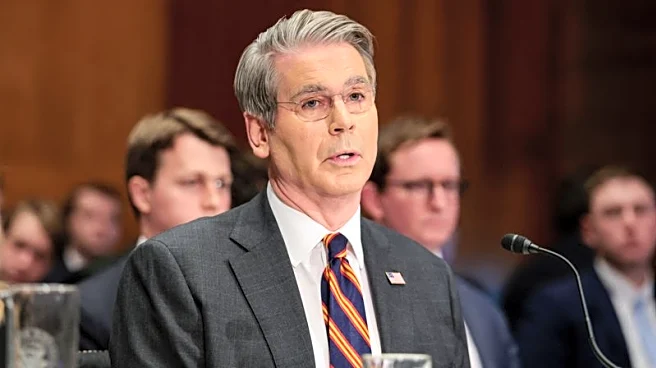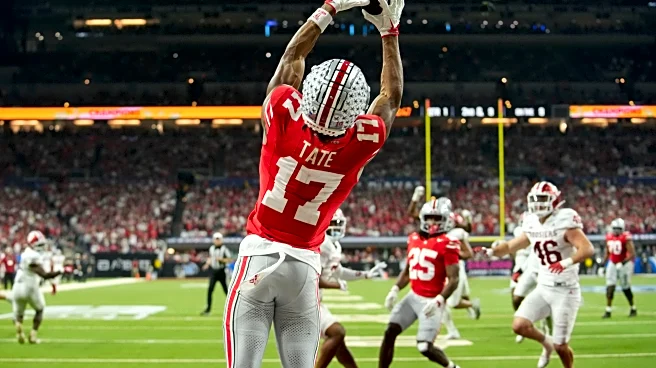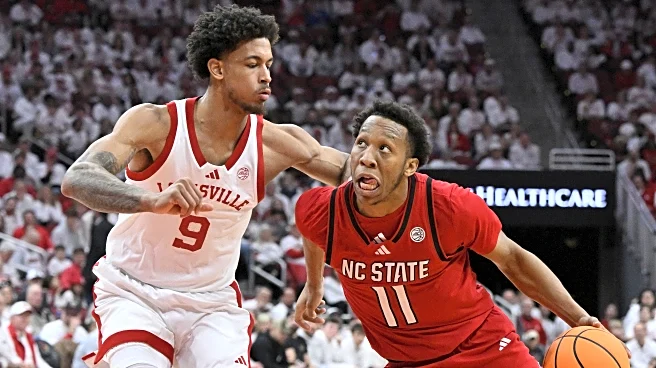Rapid Read • 9 min read
Clemson University, under the leadership of Coach Dabo Swinney, is poised for a strong championship run in college football. Swinney has maintained a unique approach by focusing on player retention and development rather than relying heavily on the transfer portal and NIL payments. This strategy has allowed Clemson to retain more players over the last four years than any other power conference team. Swinney's commitment to his players and his system has resulted in a team built on continuity and stability, with key players like quarterback Cade Klubnik leading the charge. Despite skepticism about his methods, Swinney's approach has kept Clemson competitive, with the team being a favorite to win the ACC and a contender for the national championship.
AD
Swinney's approach highlights a significant shift in college football, where many programs are increasingly dependent on the transfer portal and NIL deals to build their rosters. By focusing on player development and retention, Clemson sets an example of how traditional values can still thrive in the modern era of college sports. This strategy not only fosters a strong team culture but also ensures long-term success and stability. The emphasis on education, discipline, and accountability resonates with players, contributing to Clemson's high graduation rates and consistent performance on the field. As other programs navigate the complexities of player compensation and recruitment, Clemson's model offers an alternative path that prioritizes team cohesion and loyalty.
Clemson is set to open the season against LSU, with high expectations for a successful run. The team is favored to win the ACC and is considered a strong contender for the national championship. Swinney's focus on continuity and player development will be tested as the season progresses, especially against powerhouse teams from the SEC. The program's ability to maintain its competitive edge without heavily relying on the transfer portal will be closely watched by other college football programs. As Swinney continues to adapt his recruiting and coaching strategies, Clemson's performance this season could influence how other teams approach player retention and development.
Swinney's approach raises questions about the ethical and cultural implications of college sports' evolving landscape. By prioritizing player development over immediate success through transfers, Clemson challenges the notion that winning requires constant roster changes. This model emphasizes the importance of building relationships and trust within a team, which can lead to more sustainable success. Additionally, Swinney's stance on NIL deals and player compensation reflects broader debates about the commercialization of college athletics and the balance between amateurism and professionalism.
AD
More Stories You Might Enjoy












